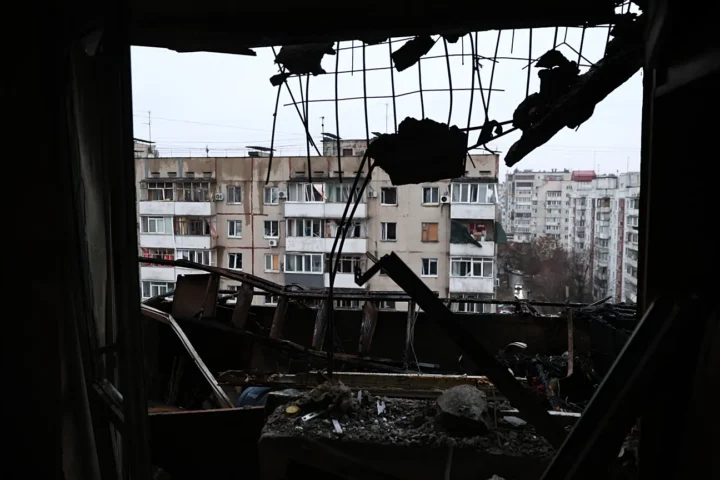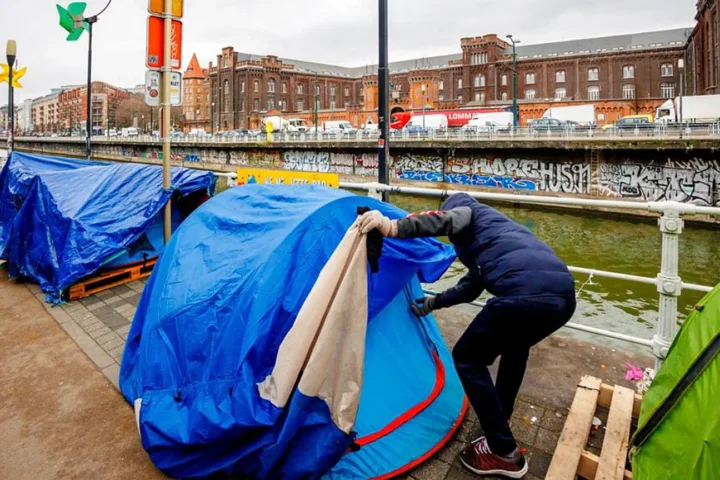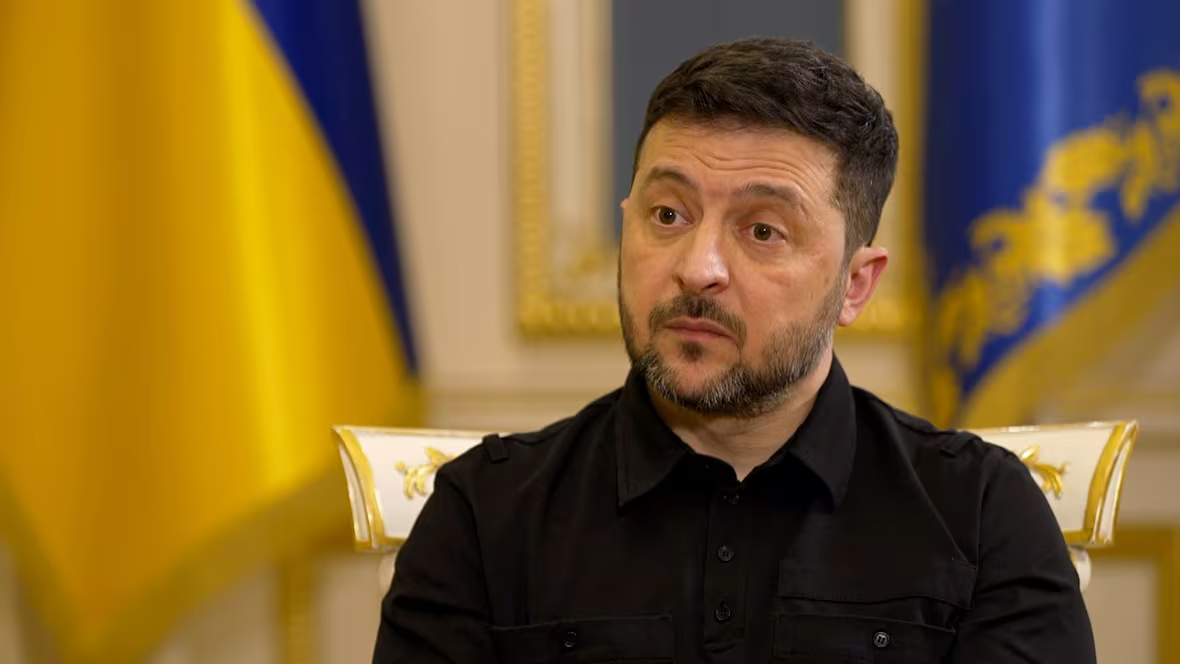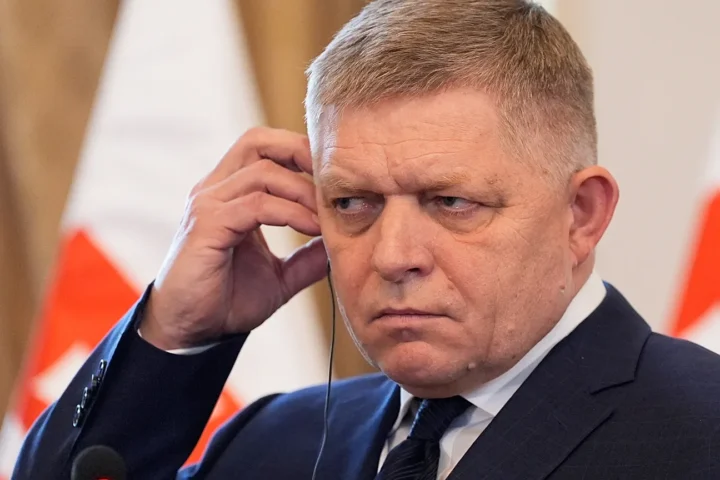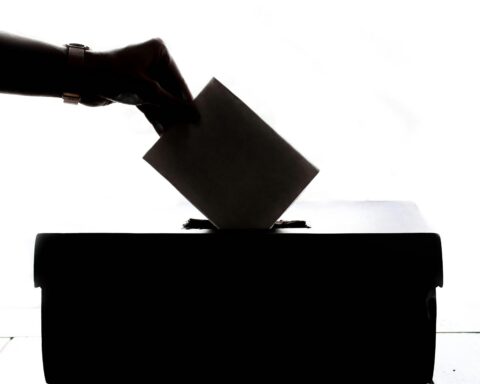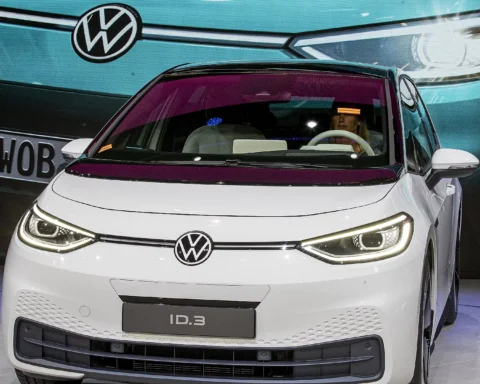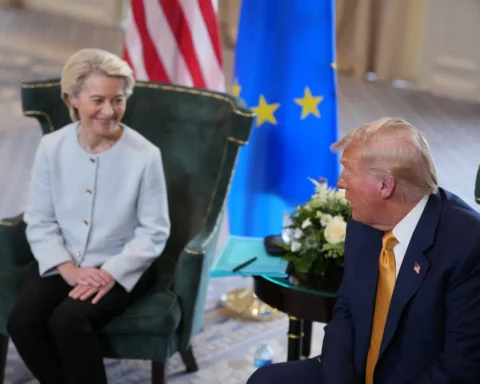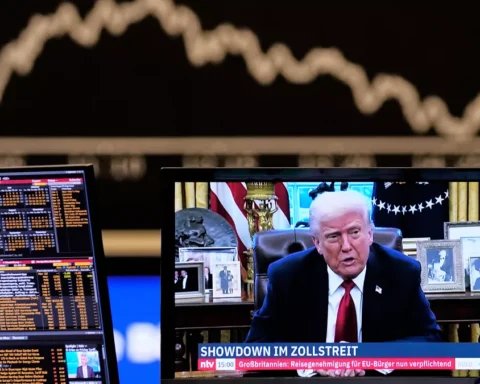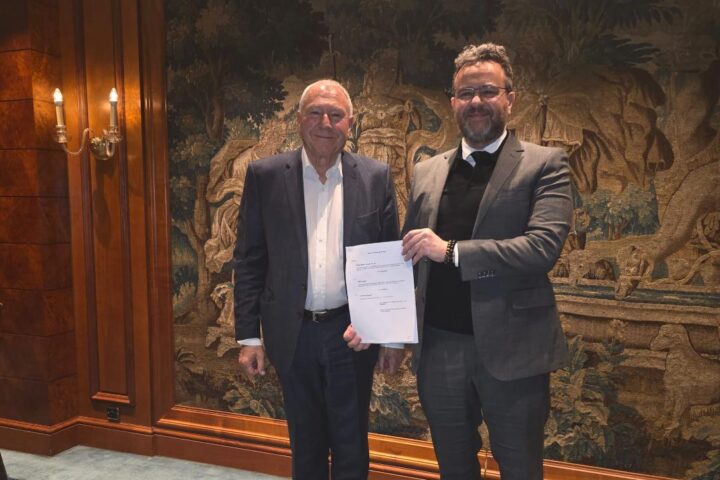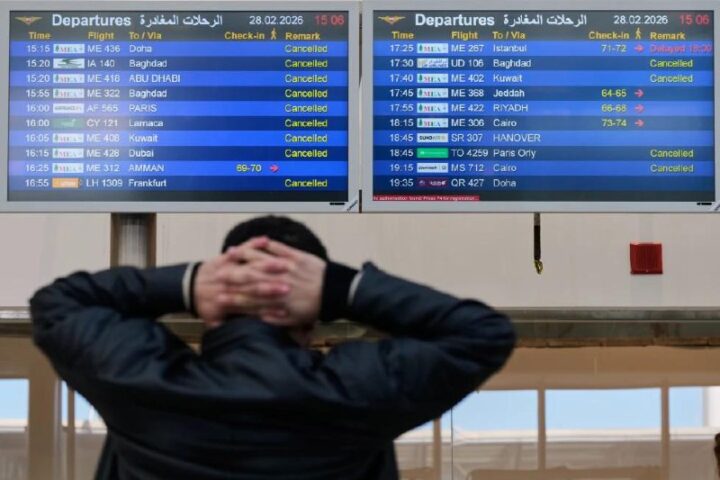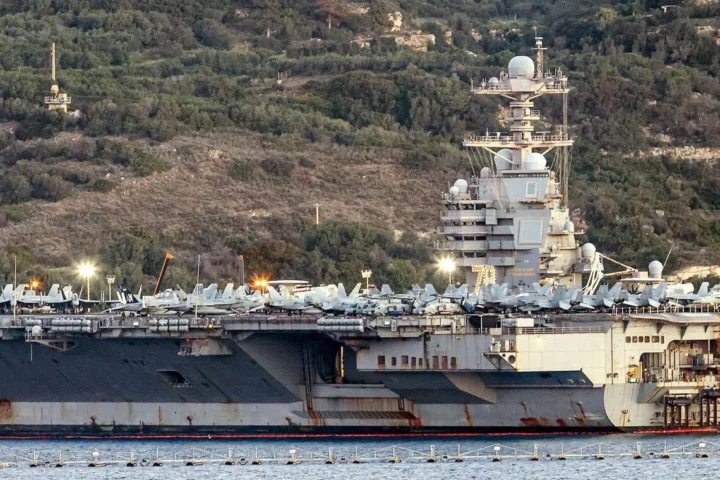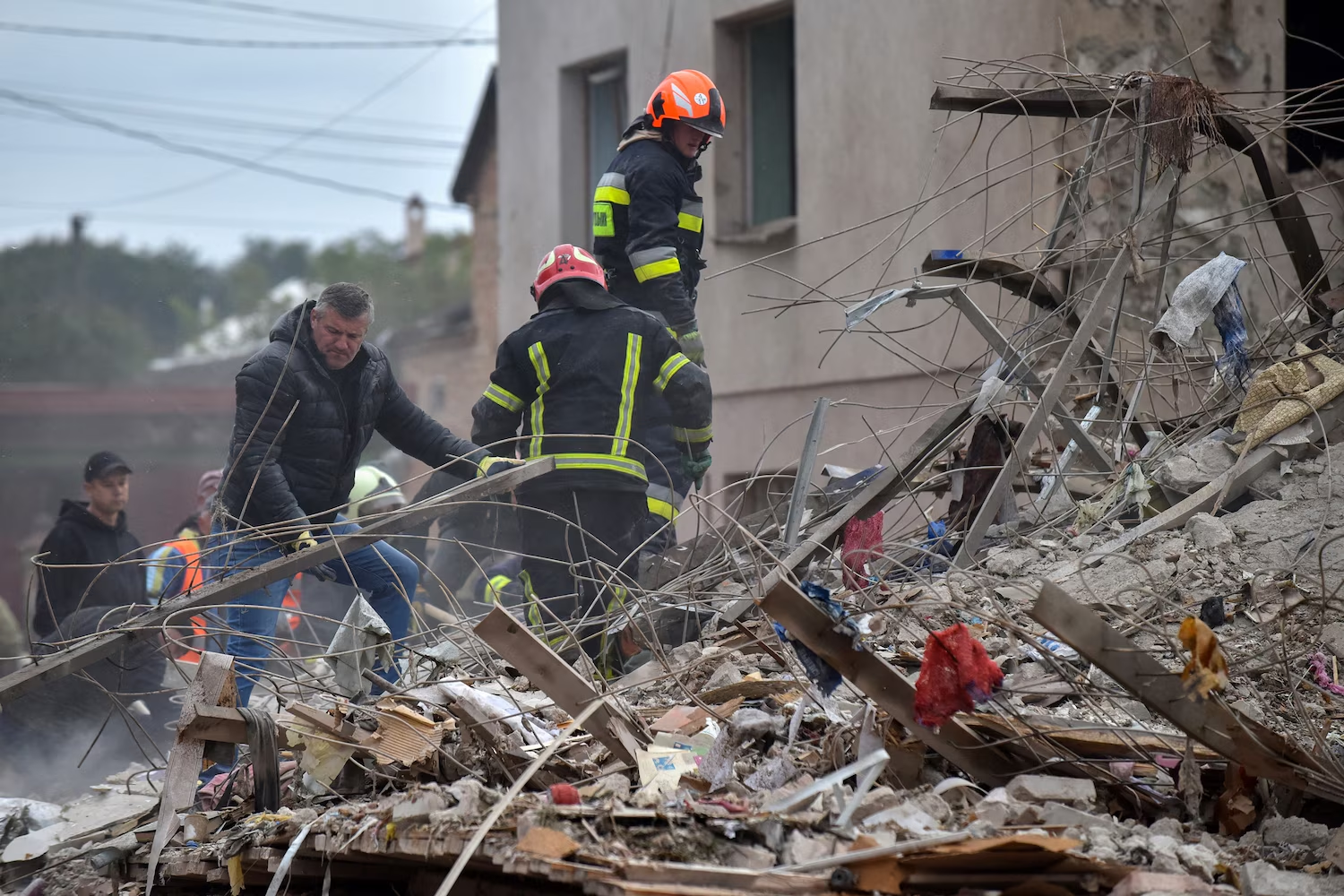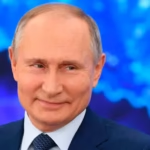Europe’s strong political, economic, and military support for Ukraine amid its conflict with Russia has been one of the defining international stances of recent years. While many see this solidarity as a commitment to defending sovereignty and democratic values, others question whether Europe’s approach might carry unintended consequences.
The Case for Supporting Ukraine
From a geopolitical perspective, backing Ukraine serves to uphold the principle of national sovereignty and territorial integrity — fundamental pillars of the post-World War II international order. Many European nations view Russia’s aggression as a threat not only to Ukraine but to regional stability and their own security.
Furthermore, supporting Ukraine helps deter future expansionist moves by Russia or other powers, reinforcing the idea that violations of international law come with significant costs.
Potential Risks for Europe
However, some analysts warn that Europe’s heavy involvement risks escalating a prolonged conflict that could drain resources and destabilize the region further. Economic sanctions on Russia have contributed to global inflation and energy shortages, especially in Europe, which remains dependent on Russian energy supplies to varying degrees.
Military aid and political backing might also harden Russia’s stance, reducing prospects for diplomatic resolution and prolonging the humanitarian crisis in Ukraine.
Economic and Energy Challenges
Europe faces significant economic pressures due to its commitment to Ukraine. Sanctions and disrupted trade with Russia have caused spikes in energy prices, impacting industries and consumers alike. These economic strains could weaken European unity and fuel internal political divisions over foreign policy.
The Strategic Question
At its core, Europe’s dilemma is balancing moral responsibility with pragmatic interests. Supporting Ukraine aligns with defending democracy and international law, but the long-term costs — economic, political, and security-related — remain uncertain.
Conclusion
Whether Europe is making a mistake siding so firmly with Ukraine depends on how the conflict evolves. If support helps restore peace and deters future aggression, the risks may be justified. But if it leads to prolonged conflict and economic hardship, questions about alternative strategies and diplomatic engagement will likely intensify. Europe’s path forward will require careful calibration between principle and practicality.
